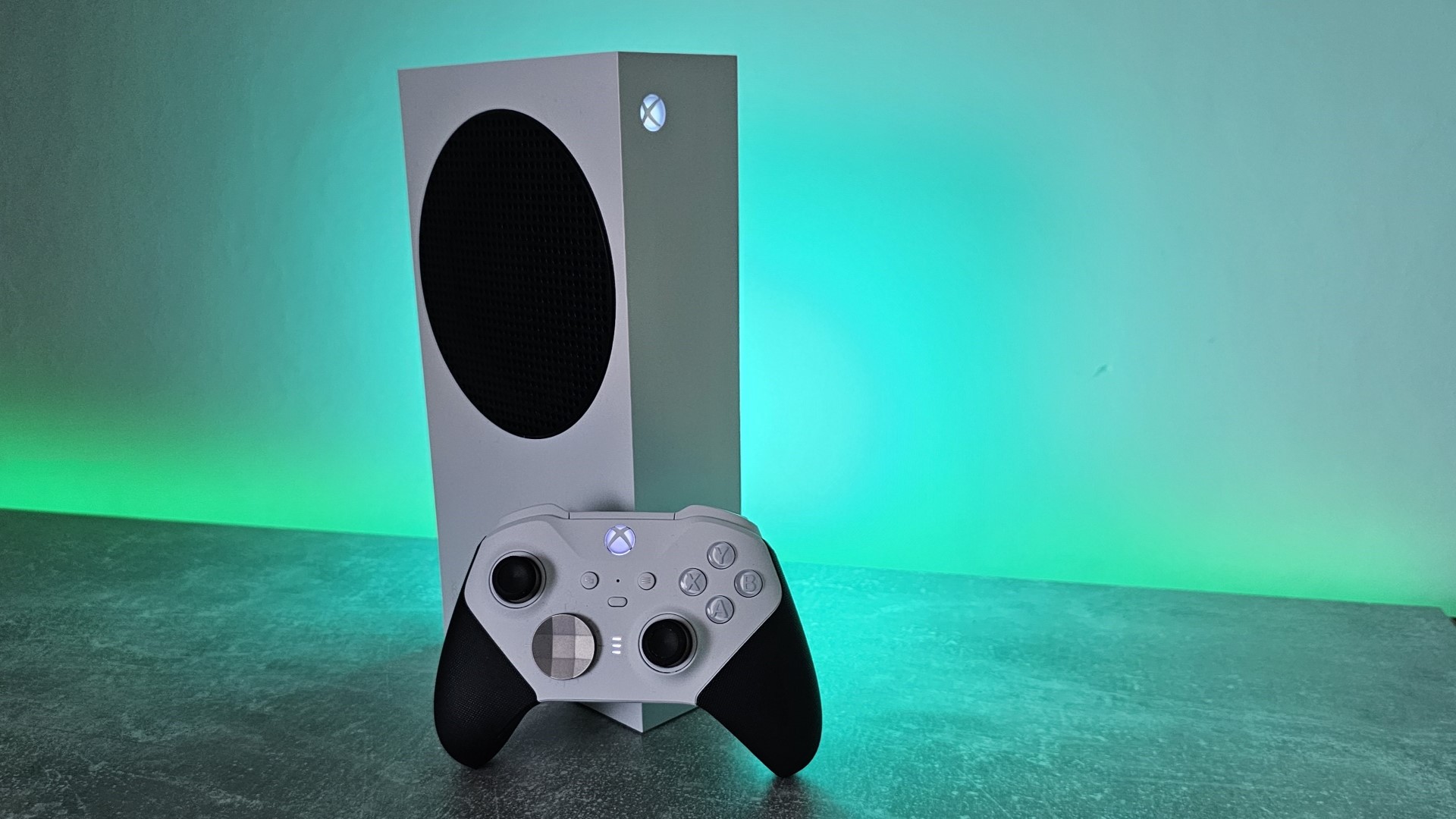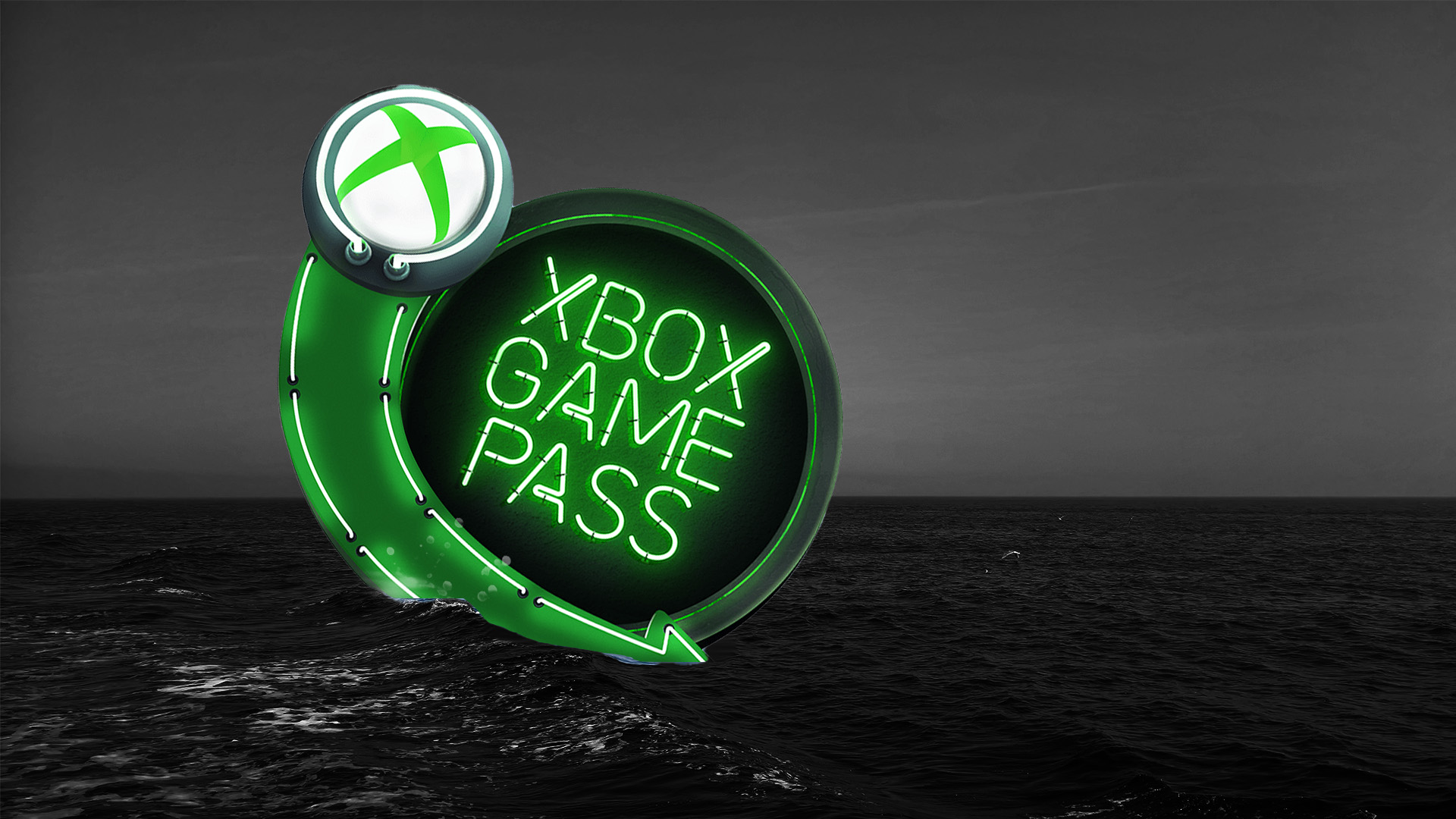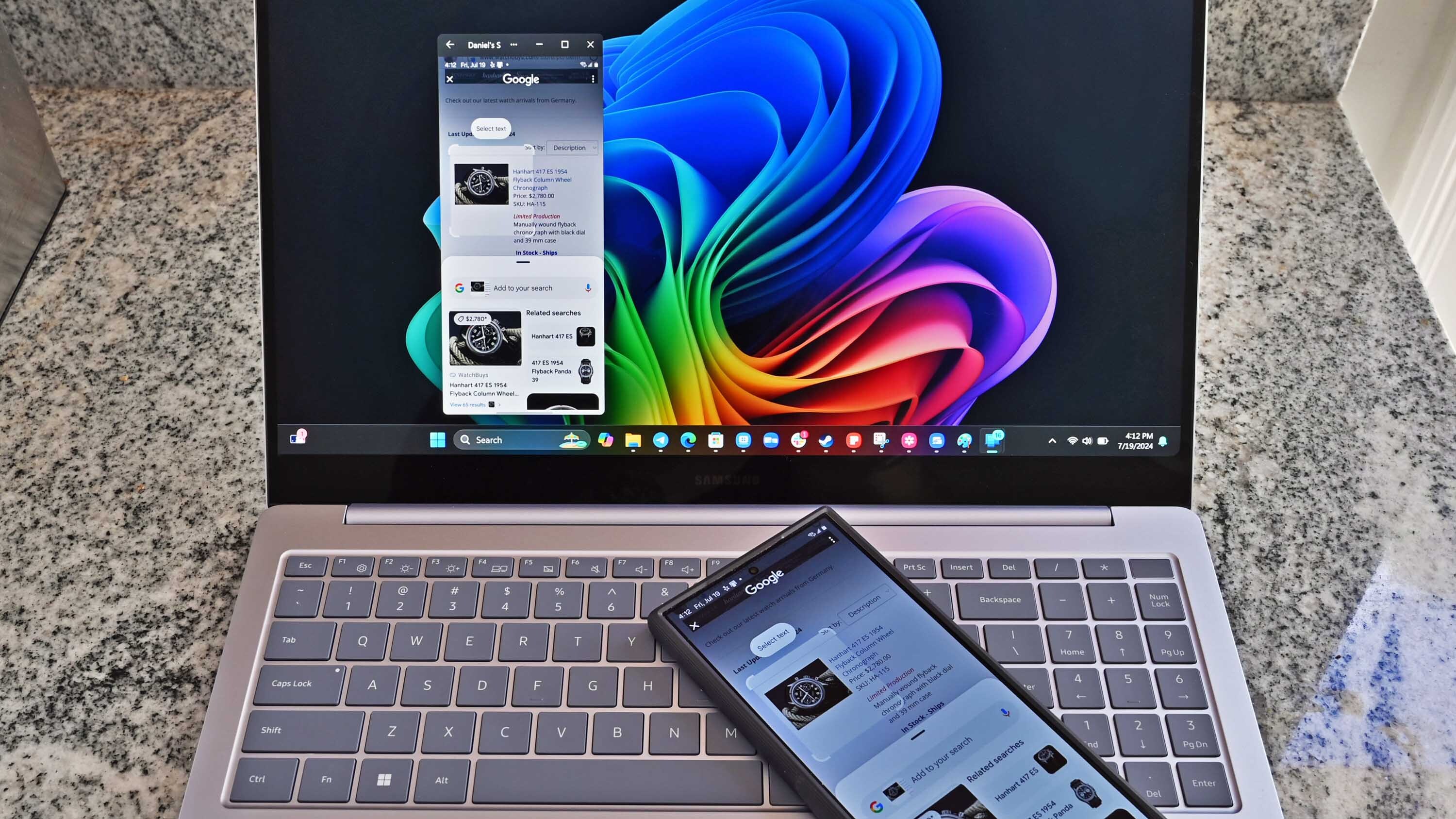Microsoft assures gamers: Xbox hardware plans remain strong amid latest rumors
Xbox isn’t going all-cloud — next-gen consoles are still coming, and rumors of Xbox’s console demise have been greatly exaggerated.

All the latest news, reviews, and guides for Windows and Xbox diehards.
You are now subscribed
Your newsletter sign-up was successful
UPDATE (Oct 5, 2025): Microsoft has provided the following statement, echoing our previous report: "We are actively investing in our future first-party consoles and devices designed, engineered and built by Xbox. For more details, the community can revisit our agreement announcement with AMD."
Amid swirling rumors of a hardware exit, Microsoft reassured gamers on October 5, 2025, that Xbox remains committed to next-gen console development, contradicting claims stemming from recent price hikes and a growing disconnect with its community.
But how can we know what will be true next quarter? Let's put aside for a minute the fact that Xbox Game Pass remains a primary driver of revenue, and is most prolific on Xbox console hardware — and that's where the bulk of the users are right now. Let's put aside the fact that Xbox Cloud Gaming is restricted by location and is expensive to run.
Combine that with the fact that with the same silicon, you could give people their own "cloud" natively in their house — and get them to use their own electricity to power it. You know, like a console. It doesn't make a lot of sense on paper. But regardless, that's where we're at.
UPDATE: Microsoft has at least confirmed that, for now, that the rumors are false, as noted in the statement above. But how did we get here? The original report continues below.
All of these rumors emerged in the wake of Microsoft's barely-explicable 50% price rise in Xbox Game Pass Ultimate, and the weird tone-deaf way in which they tried to present it as a "good thing" throwing in Fortnite Crew and stuff people didn't really ask for.
The fact these latest hardware exit rumors continue to seem plausible is a real problem, despite the source of the rumors. It showcases, to me, a very deep disconnect between Microsoft and how its audience and the community at large views gaming in general.
Microsoft's multi-year partnership with AMD for next-gen Xbox hardware is still the present plan
I could easily be just as random a source claiming that Xbox hardware is still on the table, but it was our sources that confirmed the existence of the Xbox Series X|S, their specs, their price, in addition to reports on the cancelled cloud "Keystone" console, the shelved first-party Xbox handheld, and more recently, the Xbox Ally. Codenamed Kennan and comprised of Omni (Xbox Ally) and Horseman (Xbox Ally X), the Xbox Ally range is part of Microsoft's multi-year partnership with AMD, which will include tailor-made devices from first party.
All the latest news, reviews, and guides for Windows and Xbox diehards.
I've asked multiple trusted sources, many of whom spoke to me on the above devices previously which turned out to be true, about what Xbox's present hardware posture is. And with Microsoft's confirmation, there's no reason to think anything is changing.
Microsoft publicly confirmed that it's still committed to first-party Xbox hardware over the summer, with comments from both President Sarah Bond and AMD CEO Lisa Su on silicon that would power next-gen Xbox devices — both from third and first-party. The statement reiterates this commitment.
The original comments came from a gaming forum, and suggested that Xbox's focus would be on its core mega franchises like World of Warcraft, Call of Duty, Forza Horizon, and so on, and that hardware plans were "up in the air," not actually cancelled. Those comments morphed into "Xbox hardware is cancelled" from various commentators, and have now taken on a life of their own on social media as people speculate on the future of the Xbox platform. From what I've been told, the hardware plans are not even "up in the air," and remain firmly Xbox's path forward. Xbox Series X|S hardware production has not ceased, and new stock will go out to retailers at its usual cadence.
But even if Microsoft did come out to squash the rumors themselves, it's hard to have any faith. Microsoft has been incredibly fickle over the past few years, crushed under AI hype, demands from CFO Amy Hood, and a complete dereliction of fan feedback.
The planned restructuring of Xbox Game Pass was months in the making and, beyond their apparent macroeconomic "need" to make even more money, it's based on user behavior and the desire to boost the content fund for the cohort most likely to unsubscribe without new content. Codenames appearing for the new tiers over the summer, and is not the result of a quarterly knee-jerk reaction. But it doesn't matter.
Combined with huge price hikes, retailers like Costco and others removing Xbox hardware, and Microsoft's massive layoffs over the summer — it's not unsurprising people are speculating on Xbox's demise. Microsoft is absolutely awful at managing faith in its consumer products, and I've written previously about how the telemetry driving its decisions and its diffuse focus is leading to a collapse in morale in the brand.
Gaming is not a necessity, or a utility — it's driven by sentiment and "fun" feeling. people need to also feel good about where they play, and Microsoft is making it incredibly hard to feel good about Xbox right now. It's clearly reaching a crisis point.
Xbox the pariah

I've been covering Xbox for over ten years at this point, and I started when Microsoft's bombed Xbox One reveal led to a groundswell of hate for the brand and its future. It was fostered by a sense of betrayal in what Xbox had been and represented, and led to a huge climb down that effectively dismantled the Xbox One platform — and put Xbox firmly in "third-place" forever. Lately, it feels like we're back in 2013 again.
The industry looks very different in 2025, as maturing audiences and a lack of meaningful new player growth have companies breaking the rules to find new revenue streams. We've seen Xbox games flood onto PlayStation, and we've even seen PlayStation bring games to Xbox. Microsoft is licensing out the Xbox brand to OEMs with the Xbox Ally (and I'm told more OEM hardware should appear in 2026, too).
The inconsistency is exhausting for fans, and in a sentiment-driven business, potentially untenable.
The one constant that Xbox fans could point to among all of this was the clear value of Xbox Game Pass. "Xbox Game Pass is the best value in gaming," or so the meme goes. Despite some price rises over the past couple of years, it was hard to overlook what a stellar year it had thus far, with games like Expedition 33, Blue Prince, DOOM, The Elder Scrolls: Oblivion remake, and others. But with an unprecedented 50% price increase on the tier that actually gets day one games, the negative reaction has been incredibly strong.
It all just feels like another betrayal, particularly given President Sarah Bond's comments that Xbox Game Pass is profitable and also hitting $5 billion in revenues. The way Xbox presented the "changes" as a "good thing" came across as tone deaf, especially given how other companies are pushing up prices while also simultaneously reporting record profits.
So, it's hardly surprising that these rumors gained so much traction, because even if they're not true today, they could definitely be true tomorrow. It's hard to take anything that today's Xbox says or does on faith, because they're apparently willing to throw anything and everything into the fire if it means a quarterly boost.
The inconsistency is exhausting for fans, most likely concerning for developers — and in a sentiment-driven business, potentially untenable.
FAQ about Xbox and its future
Is Microsoft cancelling Xbox console hardware?
No — despite recent rumors, trusted sources confirm that Xbox’s next-gen hardware plans remain active. Microsoft is still committed to first-party console development
Why did people think Xbox was exiting hardware?
Speculation surged after Game Pass price hikes, confusing messaging, and retailer pullbacks. Combined with Microsoft’s inconsistent consumer strategy, the rumors felt plausible.
What next-gen Xbox devices are in development?
Codenames like Omni and Horseman refer to the Xbox Ally range, part of a multi-year AMD partnership. These include handhelds and tailor-made silicon for future consoles.
Is Xbox shifting focus to cloud gaming instead?
Not entirely. While Xbox Cloud Gaming is expanding, Microsoft still sees physical consoles as central — especially given infrastructure limits and user preference.
Should fans be worried about Xbox’s future?
The hardware roadmap is intact, but sentiment around Xbox is fragile. Mixed signals and pricing decisions have eroded trust, making transparency more critical than ever.
For the best part of a decade, Windows 10 stood as the world's most popular operating system, at least until Windows 11 surpassed its traffic earlier this year. Ten years is a relatively standard time span for OS support, but this end-of-life scenario is particularly unique, given how many PCs might not meet Microsoft's minimum requirements for an upgrade.
This page will be updated as frequently as necessary, leading up to the cutoff date on October 14, 2025, and in the following days where appropriate. Changes to Microsoft's policies aren't expected, and the ESU program will likely remain as the best option for those who would prefer to stay on Windows 10.

Follow Windows Central on Google News to keep our latest news, insights, and features at the top of your feeds!

Jez Corden is the Executive Editor at Windows Central, focusing primarily on all things Xbox and gaming. Jez is known for breaking exclusive news and analysis as relates to the Microsoft ecosystem — while being powered by tea. Follow on X.com/JezCorden and tune in to the XB2 Podcast, all about, you guessed it, Xbox!
You must confirm your public display name before commenting
Please logout and then login again, you will then be prompted to enter your display name.


